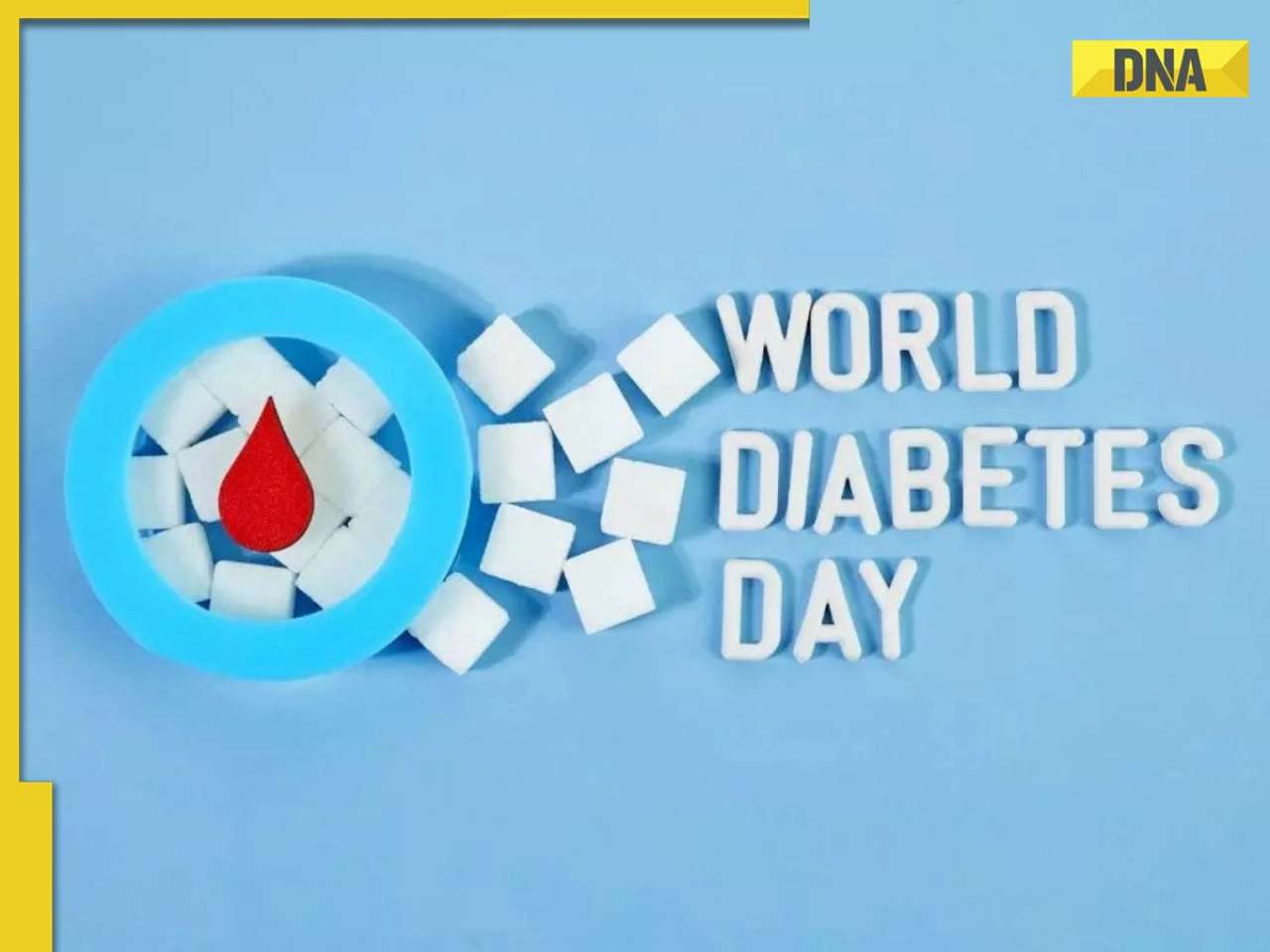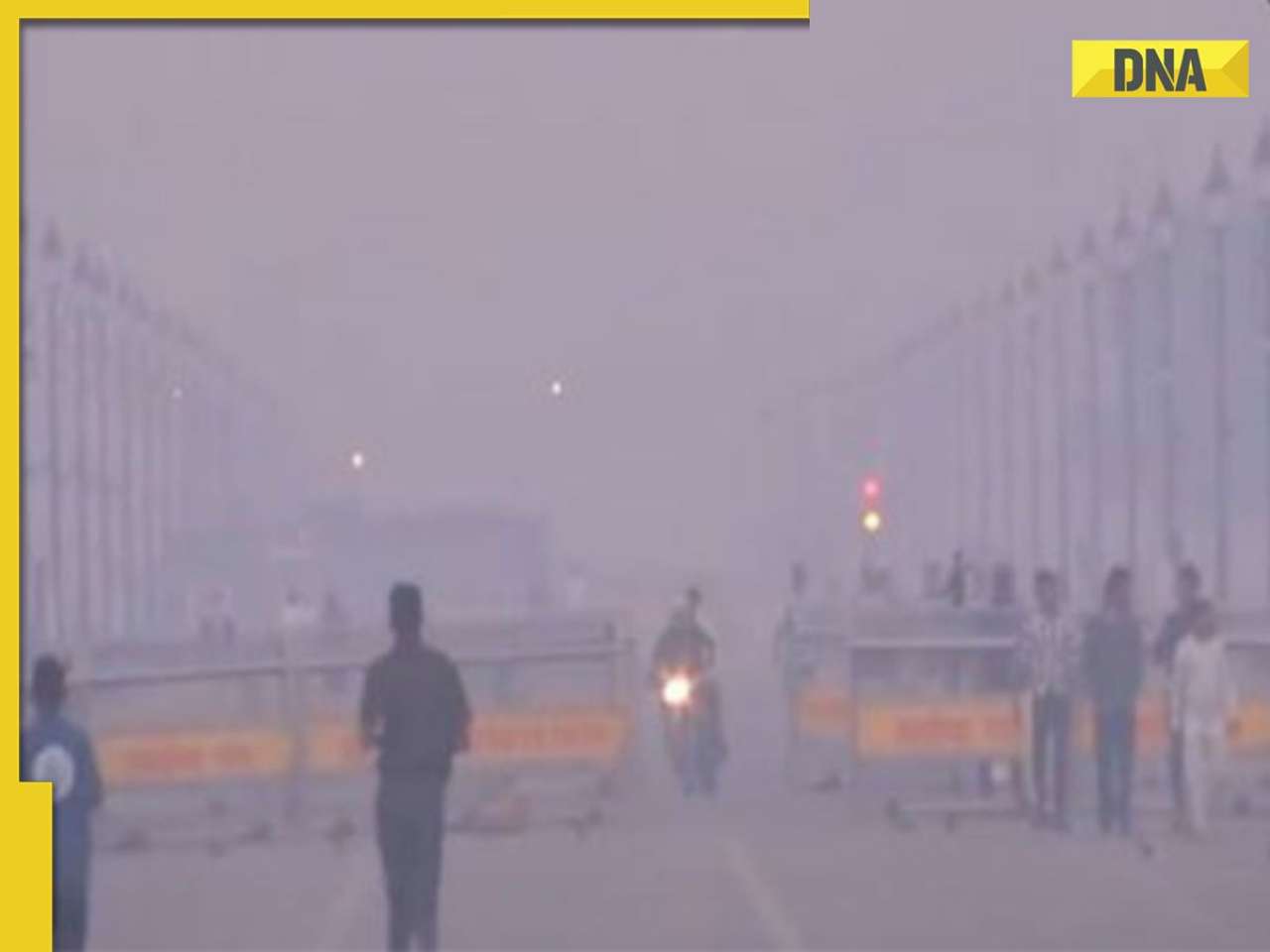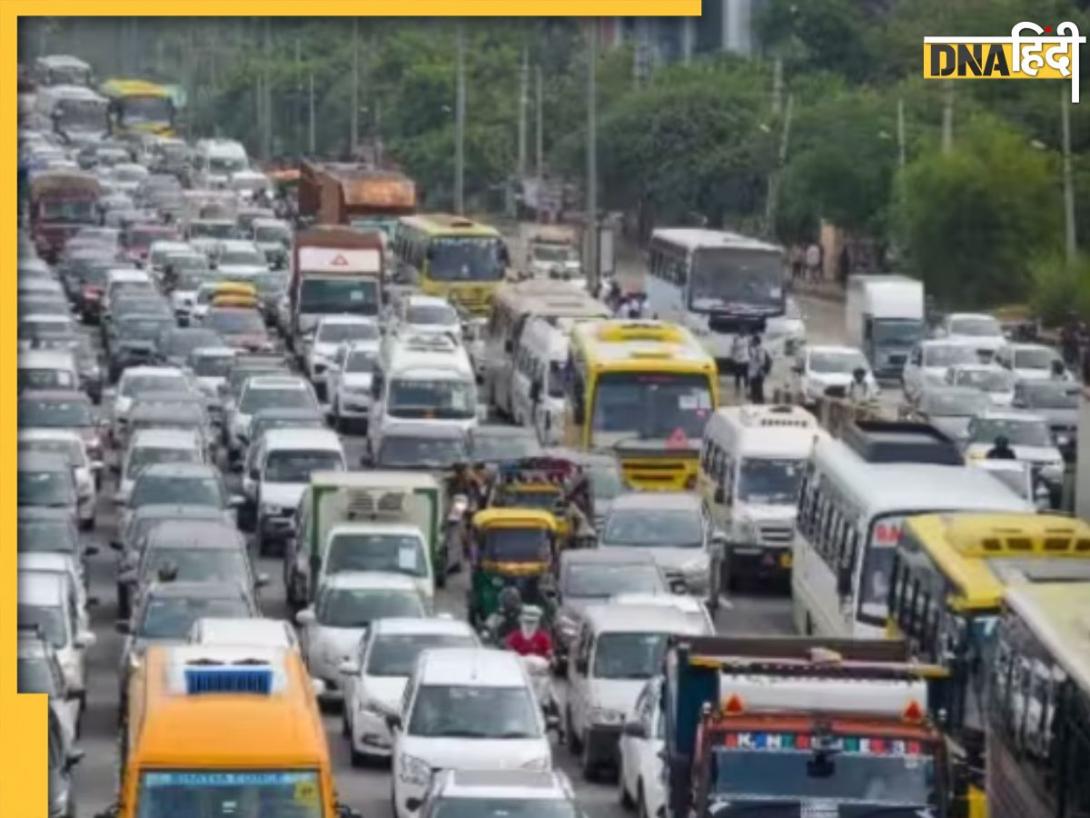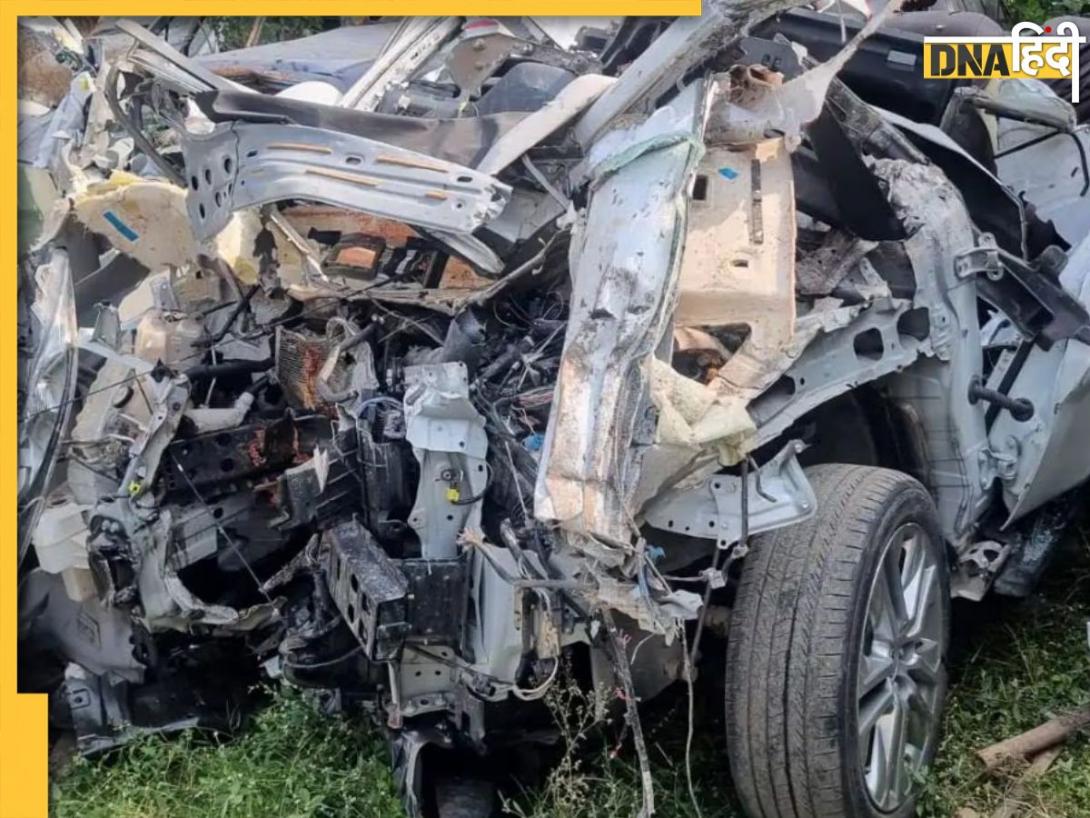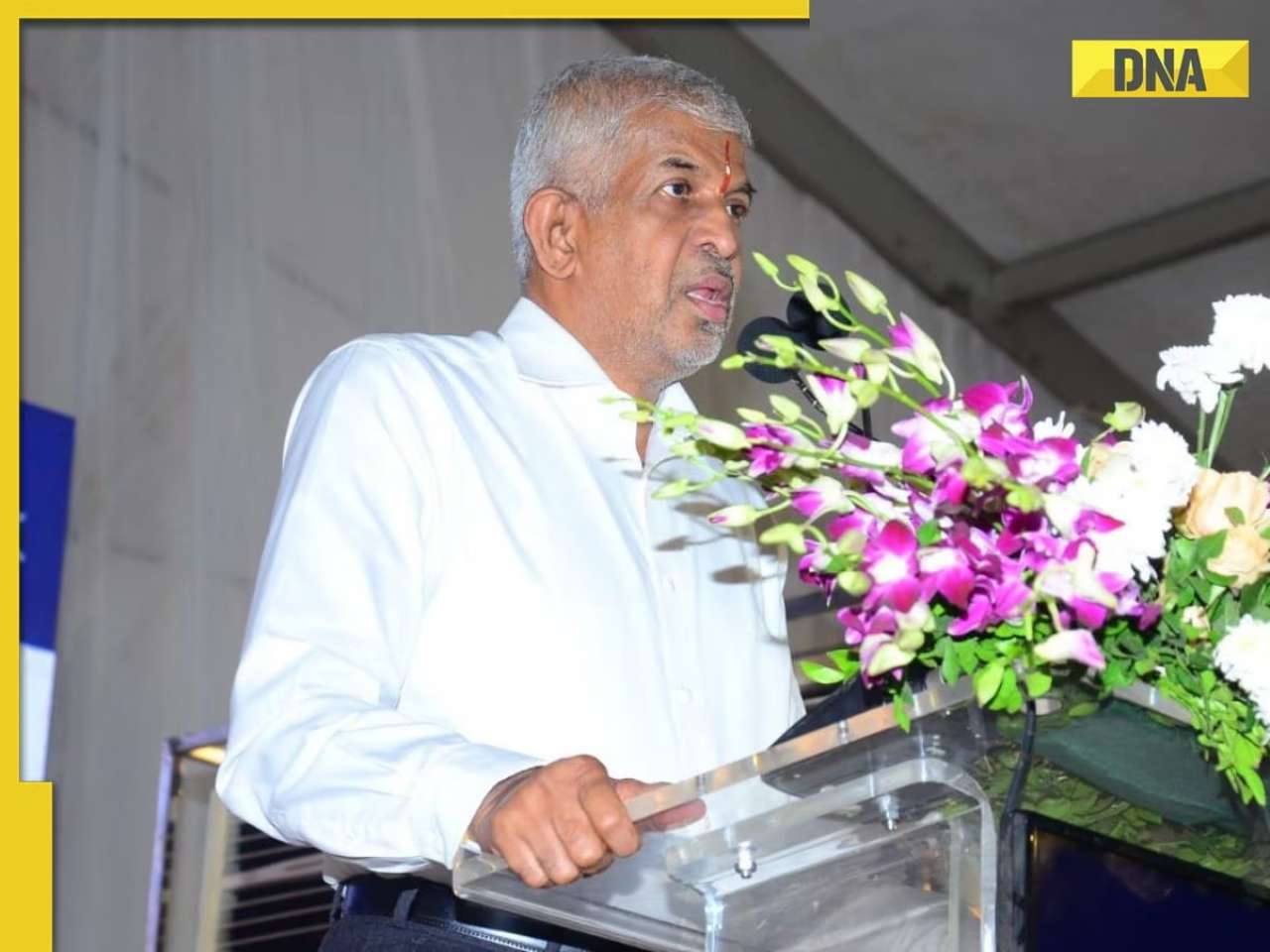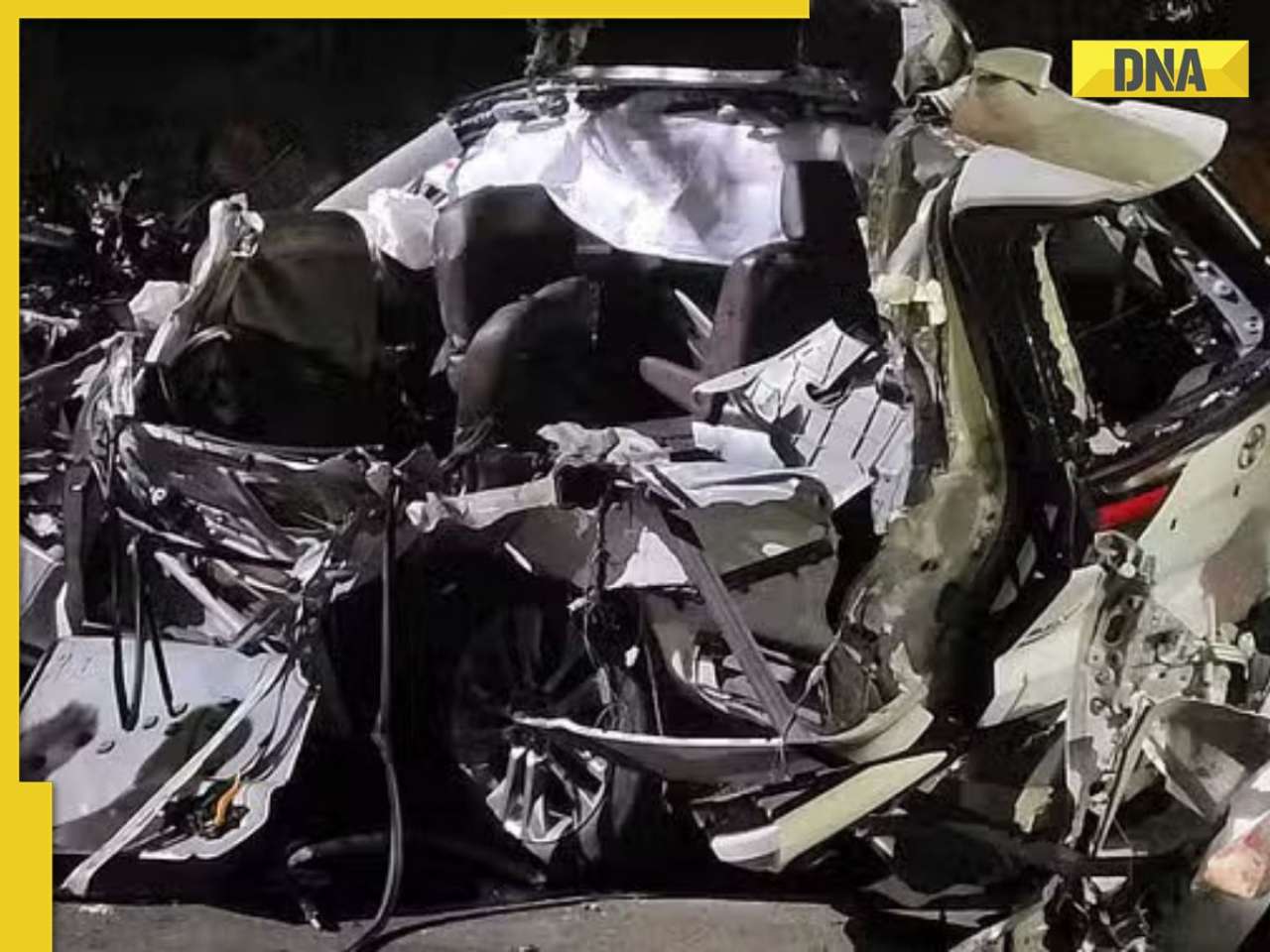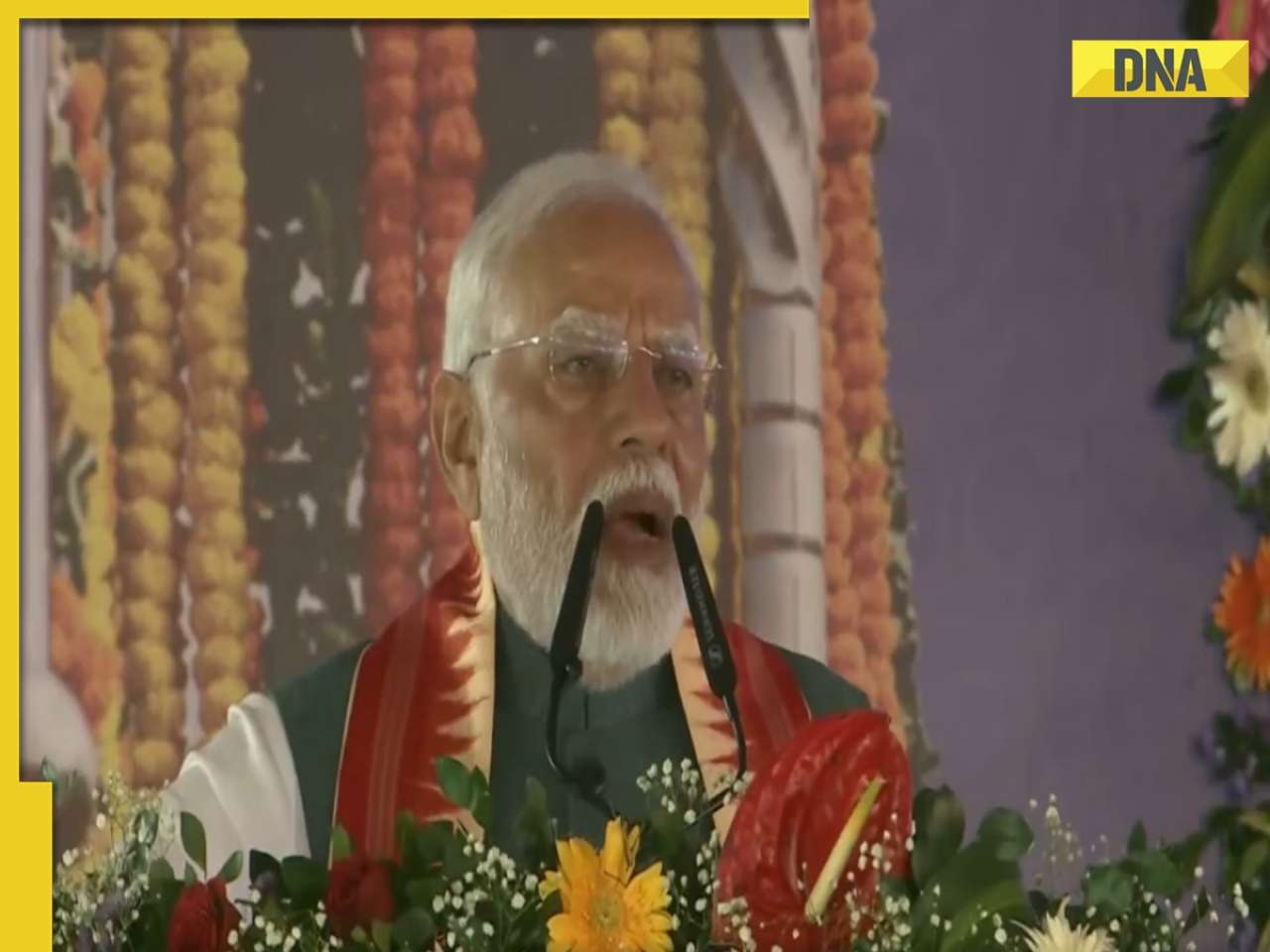- LATEST
- WEBSTORY
- TRENDING
BANGALORE
BBMP panel to monitor waste disposal by bulk generators
The committee will also be responsible for ensuring that a report is generated on a weekly basis containing details of garbage generated in various zones of the city.
TRENDING NOW
With the high court coming down heavily on the BBMP, the Palike has appointed an expert committee to look into waste disposal by bulk generators, such as hotels and choultries in the city.
NS Ramakanth, member, Solid Waste Management Round Table remarked, “Kalpanakar, Subhash Chandra and myself will be meeting all BBMP health officers and explain to them how the segregation for bulk generation must be done. They have been giving trade licences to the hotels and other hospitality outlets. They will have to ensure that the generators are well maintained.”
The committee will also be responsible for ensuring that a report is generated on a weekly basis containing details of garbage generated in various zones of the city. “We held a meeting with West Zone on Friday. We have told them to monitor, on a weekly basis, how much garbage each bulk generator will generate,” he explained.
The health inspectors will also have to ensure that bulk generators segregate waste at source. “If they are not segregating, they will have to be asked to issue a warning at first instance. The second time, they will be penalised. If they violate for the third time, their licence will be cancelled,” Ramakanth said.
The joint commissioners of the zones will have monitor operations on a weekly basis and prepare a progress report. “Bulk generators include malls, wedding halls and hotels. Apartment complexes will be looked at separately. We will not monitor them right now,” he said.
Palike could have done better
Tenders: The BBMP did not have the stringent clause of ‘segregation at source’ in their tenders in the first place.
Awareness not enough: The time taken to bring about a change in people’s mindset was not enough. The BBMP could have taken more time using better strategies to educate people on segregation of waste. They could have taken time and conducted extensive awareness drives on defining what segregation is and its benefits. There is confusion among the public even now about dry and wet waste.
Identification of Landfills: The BBMP earlier had 100 wards which were then extended to 198. However, no extra landfills to send garbage from the new 98 wards were identified. With more garbage being generated, there was not enough space in the existing few landfills.
Daily 4,500 tonnes of garbage did go the landfills, but no BBMP or pollution control board officials monitored segregation and scientific management and disposal of garbage there.
Old garbage disposal contractors lacked manpower to dispose of the huge amounts of garbage generated in the city. There were no checks or balances to understand how much garbage a person should collect, segregate or dispose of.
The BBMP started a “zero garbage” drive and removed all the public dustbins from all the wards. However, they did not put in place any segregation units or effective collection centres which led to garbage being dumped on roadsides and empty sites.
The BBMP never considered the issues which could crop up in Mandur and Mavalipura villages where the garbage was being dumped. They did not have the forethought of the issues such as health and environmental effects which could affect the villagers until the effects began to show.
While the BBMP concentrated on segregation at source, they left out bulk generators who produce over 60% of the total garbage generated in the city. No strict rules were put in place for them leading to their garbage piling up all over the city.
About a decade ago, farmers used to collect wet waste from the BBMP. But this stopped a few years later when they began to get plastic mixed in the wet waste.
There’s a lack of strict enforcement from the BBMP to ensure that segregation at source takes place. This is the most crucial point as most garbage goes mixed and cannot be categorised at the landfills.








)
)
)
)
)
)
)
)
)
)
)
)
)
)
)








